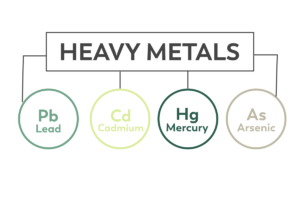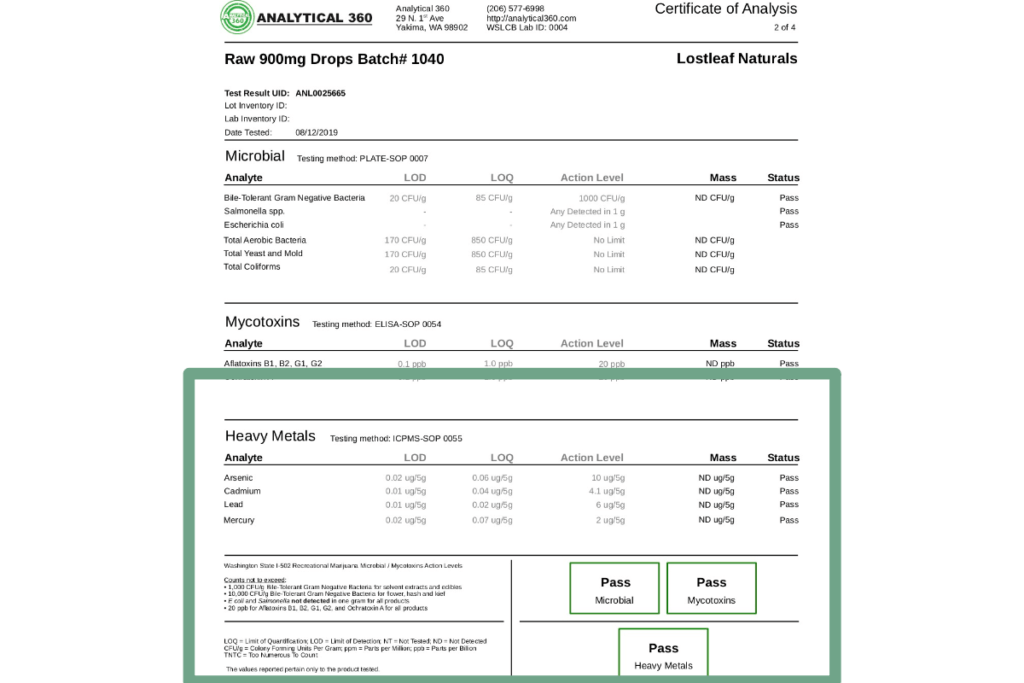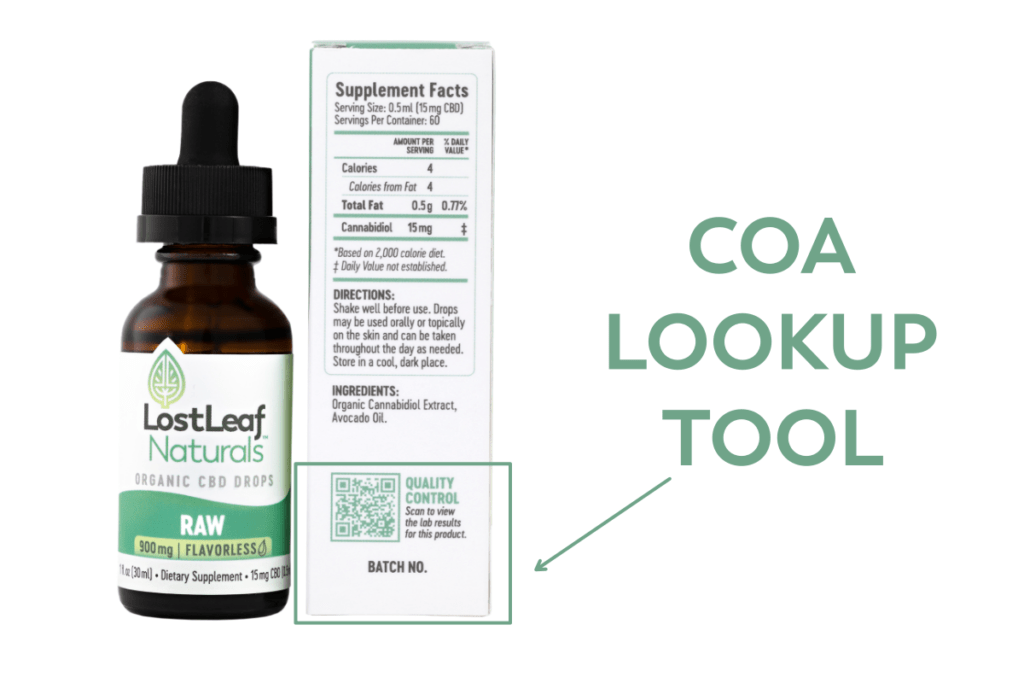It is well known by now that the hemp industry is heavily lacking regulation and legal standards. Although this will certainly change soon, it largely remains unregulated. A few years ago when CBD products began to show up in the market, it was widely assumed that these products were held to some sort of standard and could be considered “safe”. It was rare to hear anyone question the origin of the CBD products, and whether or not the hemp plants they came from were subjected to pesticides, tainted with mold, or cultivated in soil contaminated with heavy metals. As always (thanks to the internet), we progress exponentially, and as we move forward in the year 2020 the average consumer is becoming aware of these issues and is beginning to make decisions accordingly. The benefits of cannabis are un-deniable for many, and millions of people use this plant on a daily basis to help improve the quality of their life, but unfortunately a plant is only as healthy as the soil it’s been planted in. So, today we are going to suit up and take a dive into the topic of heavy metals: What are they? Why does everyone hate on them? How are they relevant to hemp and CBD? Let’s get into it.
What Are Heavy Metals?
No, we aren’t talking about Metallica or Judas Priest today. The Heavy Metals we are referring to are naturally occurring elements found in the soil of the earth. These elements are scientifically grouped based on their higher density or atomic weight. These metals include: Arsenic, Cadmium, Copper, Iron, Lead, Mercury, Zinc, & more. You have likely heard of some of these metals from either your doctor or read about them in nutritional literature. This is because we actually need some metals (such as iron, copper, and zinc) to maintain optimal health for our bodies. However, some of these metals such as arsenic, lead, mercury, & cadmium are known to be highly toxic. These four heavy metals fall into the US Federal Drug Administration (FDA) Class 1 category, which lists substances that are “human toxicants that have limited or no use in the manufacture of pharmaceuticals.” Once absorbed, the body is un-able to efficiently remove them. These metals accumulate over time, so frequent, prolonged exposure can put you at serious risk. People who consume hemp or cannabis products often do so frequently, so you can see why heavy metal contamination is not something to be taken lightly. (pun intended). Although these elements are naturally occurring in soil, they are also a result of industrial and agricultural pollution. In agriculture, contamination can be caused by fertilizers and other soil amendments. Industrial sources of heavy-metal pollution into the environment includes mining, nuclear power stations, metal processing, power plants, petroleum combustion, plastics, textiles, paper processing plants, and more.
Although these elements are naturally occurring in soil, they are also a result of industrial and agricultural pollution. In agriculture, contamination can be caused by fertilizers and other soil amendments. Industrial sources of heavy-metal pollution into the environment includes mining, nuclear power stations, metal processing, power plants, petroleum combustion, plastics, textiles, paper processing plants, and more.
Potential Effects On The Human Body.
- Lead affects the brain and the nervous system and can lead to convulsions, behavioral disorders, and more.
- Mercury affects the brain, the thyroid system, and the kidneys.
- Cadmium can damage the lungs and may even lead to lung cancer.
- Arsenic can cause various types of cancers on the body.
As you can see..there are serious implications for heavy metal toxicity in humans.
Heavy Metals & Hemp.
Hemp is truly an amazing plant. It can be used to make over 20,000 types of products from paper, to concrete, to fuel. It can even be used to remove toxins from the soil of an area that has been contaminated. Hemp is known as a bio-accumulator, meaning that it draws toxins from the soil faster than it can excrete them, in a process known as “Phytoremediation“. Pretty cool right? As rad as that potentially earth-saving fact is, it’s not without its downside. Most hemp being commercially-grown today is for its unique group of plant compounds such as CBD, CBG, THC, CBN, and other compounds known as “phytocannabinoids”. This means they will ultimately end up in products intended for human consumption. But fear not! We are going to give you a blueprint of how you can be sure to avoid CBD products contaminated with these toxic compounds.
Testing For Heavy Metals.
The best way to ensure prevention of heavy metals in CBD products is to verify that it was never in the hemp from the start. It’s wise to only purchase products from companies that have thoroughly vetted their entire supply chain and implemented comprehensive QC (Quality Control) protocols. Ask them questions like: “Do you have certificates of origin for the hemp you use? Do you have a FSP (Food Safety Plan) in place to ensure the proper preventative controls are being taken? Do you test each batch of your final products at an accredited third-party laboratory? Are these lab results available to the public?” As the customer, always remember that the power is in your hands. If they cannot answer “Yes” to any of those 4 questions without hesitation (and provide proof), it is likely they do not have these prevention protocols in place. There are plenty of brands in the market doing things correctly, so don’t waste your time with one who could care less about your safety or the efficacy of their products. A COA for heavy metals should look something like the image below.

That being said, how does LostLeaf ensure a product free from heavy metals? There’s no single answer, so let’s jump into them all.
Step 1. Before anything, we require “Certificates of Origin” from our hemp suppliers. This is to ensure that the hemp we are receiving was actually grown in U.S soil, rather than overseas where heavy metal contamination in soil is much more prevalent (China is a good example). In addition to Certificates of Origin, we require they provide valid documentation proving their compliance with GACP (Good Agricultural Practices).
Step 2. Once that is validated, we require that the farm provide documentation showing that the soil itself has been completely free of pesticides and heavy metals for at least 5 previous years. Farmers rotating crops in not uncommon, so we always hold them accountable to what was used in that field prior to the hemp being planted. That corn field may have left behind liabilities that are now the hemp’s problem.
Step 3. Hemp isn’t the only potential source of heavy metals in CBD products. Secondary ingredients such as the carrier oils and essential oils can also be the culprit. In addition to requiring documentation validating our suppliers GMP compliance, we require third-party lab testing on each ingredient before we even consider using them in our formulas. Every ingredient we have ever used has its own unique COA (Certificate of Analysis) that is neatly filed away and associated with its relevant batch records.
Step 4. Now that we have thoroughly vetted our supply chain, we can begin to focus on our own processes. At LostLeaf, we have comprehensive Quality Control protocols in place to ensure prevention of all types of contamination including: Biological, chemical, and physical hazards. Heavy Metals fall into the “Chemical” category.
Step 5. Once we have created a batch of products, a representative sample of the batch is sent off to an accredited third-party laboratory for testing. Testing usually takes anywhere from 5 to 10 days. During that time the batch sits in “Quarantine”, where it remains un-touched until we receive a COA for it. Our products are analyzed for potency, pesticides, mycotoxins, mold, residual solvents, and you guessed it – heavy metals. Upon receiving a COA from the lab, everything is reviewed by our in-house PCQI (Preventative Controls Qualified Individual). Once the final approval is given by the PCQI, our products are then released to our customers.
Consumer Confidence.
At LostLeaf Naturals, we believe accessibility parallels transparency. Having an extensive Quality Control plan in place is counter-productive if you cannot demonstrate it to the world. There should be no guesswork when deciding if a product is trustworthy, nor should you have to wait days for a company to respond with a Certificate of Analysis. This core belief at LostLeaf is exactly why we have implemented a convenient way for customers to access COA’s for any batch of LostLeaf products – 24/7. Simply scan the QR code on the back of the box, cross reference the batch number with the online “Batch Database”, and wah-la! You have constant access to the product information you’re entitled to.

Takeaway.
As the consumer, the power is in your hands. You hold the cards. Be vigilant about your health. Ask questions. Request proof. Most people who use CBD products are searching for natural ways to improve their quality of life, and many find great results with it. Through a bit of research you can find comfort in knowing that your wellness products are only taking you steps forward, and not backwards.